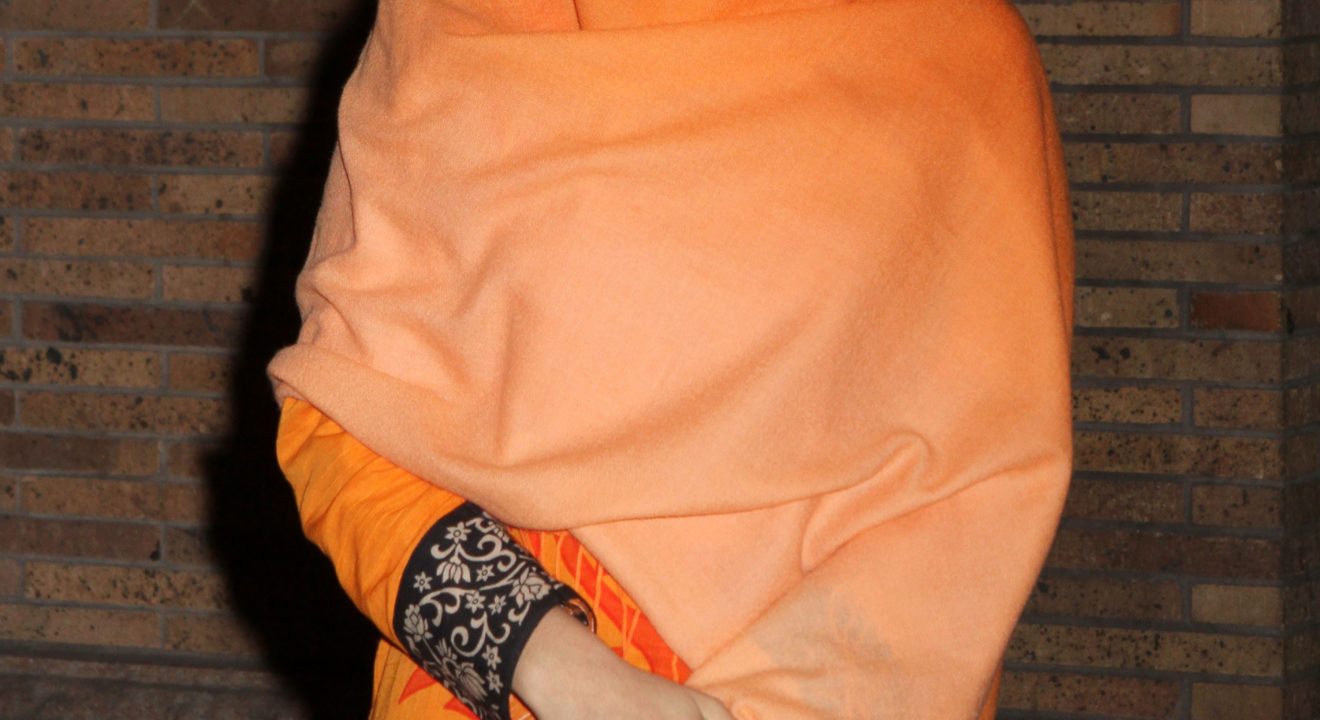April 22, 2017


Writers, politicians, activists, and educators. These words describe the numerous Muslim women who have sacrificed their entire lives to stand up for women’s rights.
Each of these women have contributed to the global conversation on woman’s rights. They advocate for their rights to education, vote, equal pay, health care and better representation in politics.
Malala Yousafzai and Rafia Zakaria are just two of these brave women. They have chosen to use their voices to empower the voiceless. Through their example women everywhere can learn a little more about what it means to be a true feminist.
Malala Yousafzai is a Pakistani activist, writer and public speaker. She is the youngest person to ever be awarded the Nobel Peace Prize. When she was just 11, Yousafzai gained national attention for her blog entitled “Diary of a Pakistani School Girl.”
The blog chronicles Yousafzai’s life as a young schoolgirl in Pakistan’s Swat Valley. During that time, the Taliban rapidly gained more control over the Swat Valley region than it ever had before. Members of the Taliban began to target outspoken activists and leaders like Malala and her father Ziauddin Yousafzai. They broke into their homes, destroyed their possessions and, in some cases threatened their lives.
The Taliban’s increasing presence became a real concern for Yousafzai. She documented the daily anxiety of walking to school in uniform against the Taliban’s orders. Yousafazai’s worst nightmares became a reality in October 2012 when a militant fundamentalist shot her in the head.
Since her miraculous recovery, Yousafzai has gained international attention for her incredible bravery. She has since become a global leader in the campaign for girl’s education. She shares her story through speaking engagements, school visits, book tours and talk show appearances.
In an article for USA Today, Yousafzai emphasizes the importance of girl’s access to education. She explains, “Our advocacy includes meeting the world leaders and highlighting that 12 years of education should provided to every child. Free, safe and quality education. It’s a basic human right.”
Pakistani writer, attorney, and human rights activist Rafia Zakaria is the author of “The Upstairs Wife: An Intimate History of Pakistan.” In the book, Zakaria uses her aunt’s personal narrative to talk about the suppression of women’s rights in Pakistan.
The story is told through the eyes of a young Zakaria, who grows up listening to the gossip about her aunt Amina’s controversial marriage. Amina marries a man who decides to take a second wife following a change in Pakistan’s marriage laws in the 1980s.
Zakaria discusses her aunt’s journey as the only woman on her block whose husband chose to take a second wife. Zakaria draws a parallel between the persistent violence that occurs outside the home and the violence that is often hidden behind closed doors.
In her book, Zakaria interweaves segments from Pakistan’s history with those from her family’s history. She begins with the assassination of the country’s only female prime minister, Benazir Bhutto, in 2007. In her interview with Slate, Zakaria refers to Prime Minister Bhutto as “the freest woman in Pakistan.”